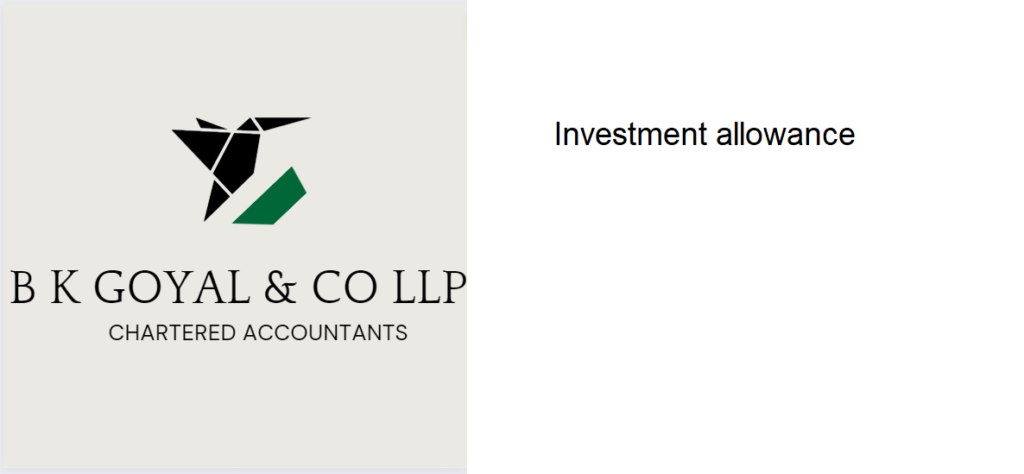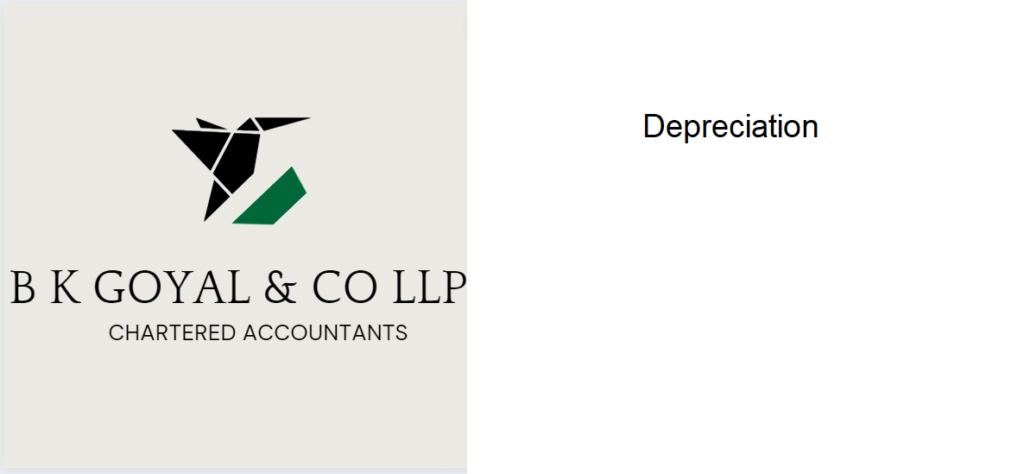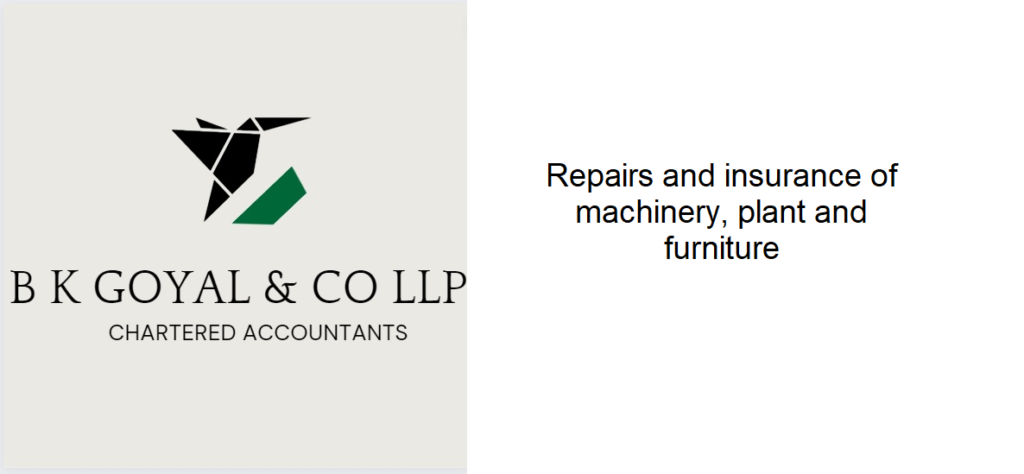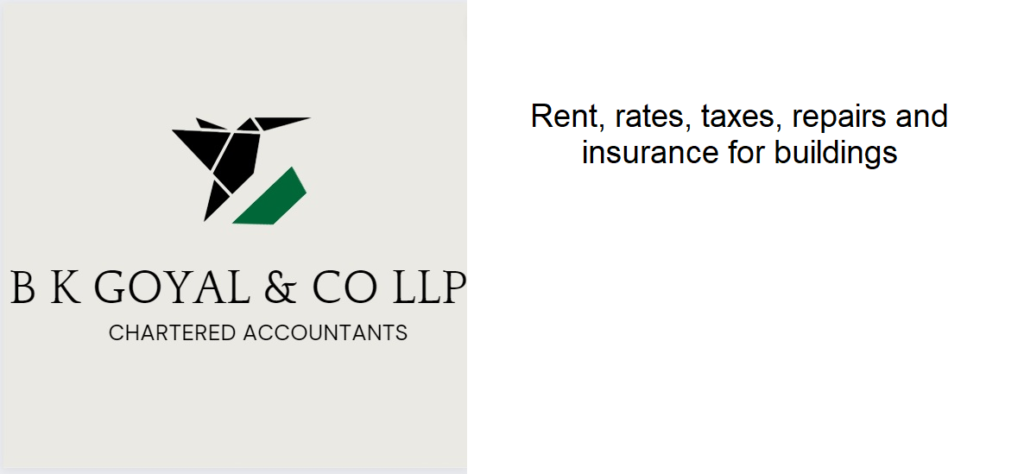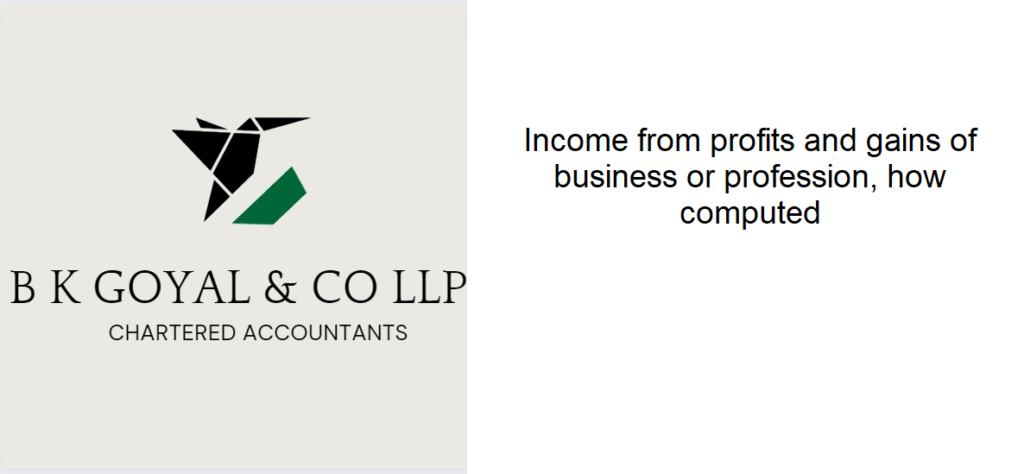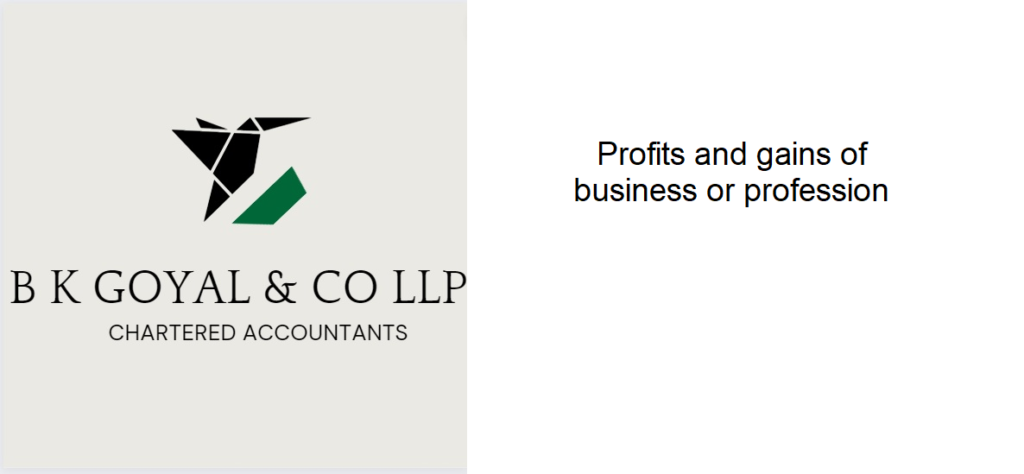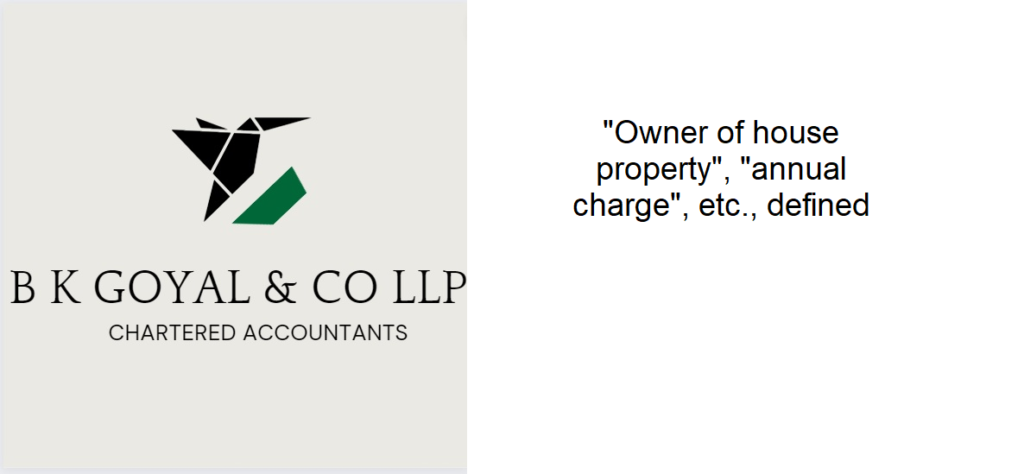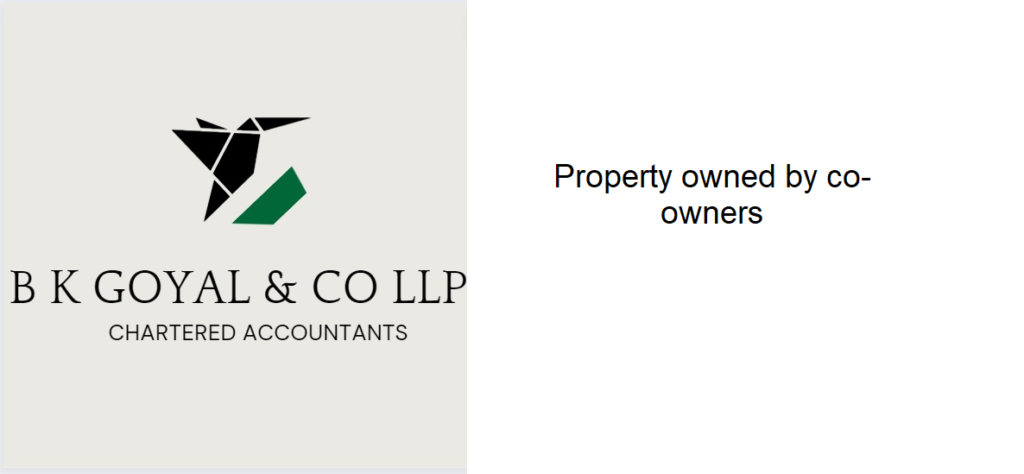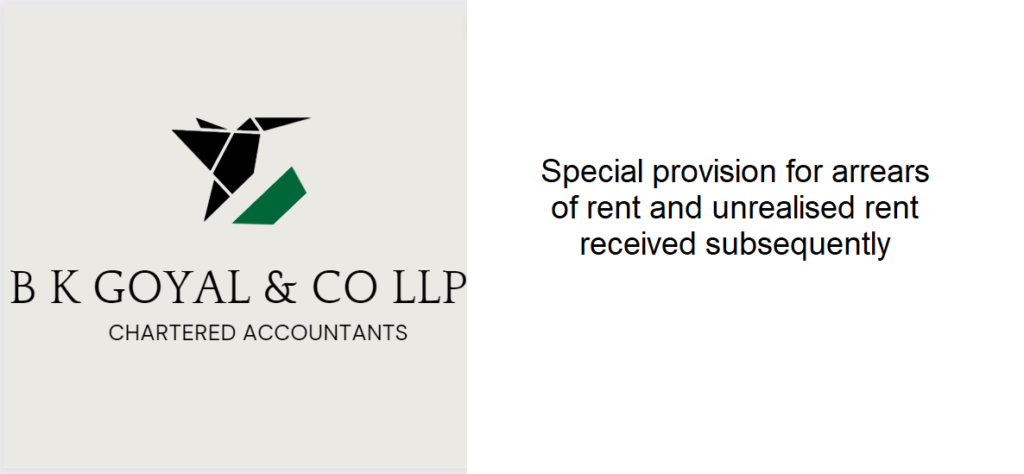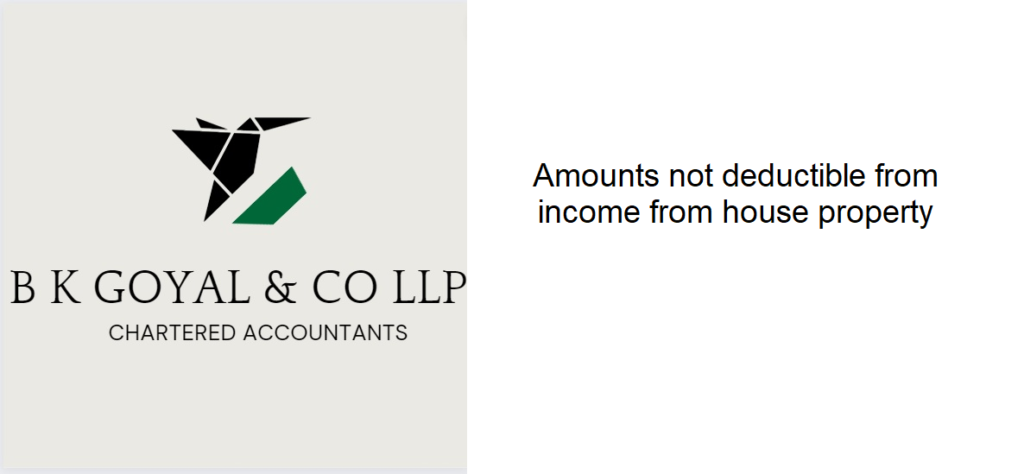Investment allowance
Staying abreast of current tax laws and regulations is imperative for investors to maximize their investment returns. One such provision that can aid in tax savings is the Investment Allowance outlined in Section 32A of the Income Tax Act. Implemented in 2014, the Investment Allowance enables businesses to claim a deduction of 15% on newly purchased and installed plant and machinery during a financial year. This deduction, in addition to depreciation, aims to incentivize businesses to invest in new equipment and machinery to improve productivity and efficiency. Eligibility for the Investment Allowance requires the plant and machinery to be acquired and installed between April 1, 2013, and March 31, 2023. The deduction is available to both individuals and companies, including those involved in manufacturing, mining, and infrastructure development. The deduction can be claimed in the year that the asset is put into use. For example, if a company acquires and installs new machinery in September 2022, the deduction can be claimed in the financial year 2022-23. All types of businesses, but especially small and medium-sized enterprises (SMEs), can benefit from the deduction to offset their tax liabilities and improve their cash flow. It’s important to note that the Investment Allowance does not apply to second-hand plant and machinery or assets that have been previously used. Additionally, the deduction cannot be claimed for leased or hired assets. To claim the Investment Allowance, proper documentation must be maintained, such as invoices, receipts, and installation certificates, to support the claim in case of an audit. In conclusion, the Investment Allowance under Section 32A of the Income Tax Act is a valuable provision that can assist businesses in saving on taxes and enhancing their cash flow by investing in new plant and machinery. However, it’s crucial to ensure that the assets meet the eligibility criteria and proper documentation is maintained to support the claim. section 32A of Income Tax Act, 1961 (1) In respect of a ship or an aircraft or machinery or plant specified in sub- section (2), which is owned by the assessee and is wholly used for the purposes of the business carried on by him, there shall, in accordance with and subject to the provisions of this section, be allowed a deduction, in respect of the previous year in which the ship or aircraft was acquired or the machinery or plant was installed or, if the ship, aircraft, machinery or plant is first put to use in the immediately succeeding previous year, then, in respect of that previous year, of a sum by way of investment allowance equal to twenty-five per cent of the actual cost of the ship, aircraft, machinery or plant to the assessee : Provided that in respect of a ship or an aircraft or machinery or plant specified in sub-section (8B), this sub-section shall have effect as if for the words “twenty-five per cent”, the words “twenty per cent” had been substituted : Provided further that no deduction shall be allowed under this section in respect of— (a) any machinery or plant installed in any office premises or any residential accommodation, including any accommodation in the nature of a guest house ; (b) any office appliances or road transport vehicles ; (c) any ship, machinery or plant in respect of which the deduction by way of development rebate is allowable under section 33 ; and (d) any machinery or plant, the whole of the actual cost of which is allowed as a deduction (whether by way of depreciation or otherwise) in computing the income chargeable under the head “Profits and gains of business or profession” of any one previous year. Explanation.—For the purposes of this sub-section, “actual cost” means the actual cost of the ship, aircraft, machinery or plant to the assessee as reduced by that part of such cost which has been met out of the amount released to the assessee under sub-section (6) of section 32AB. (2) The ship or aircraft or machinery or plant referred to in sub-section (1) shall be the following, namely :— (a) a new ship or new aircraft acquired after the 31st day of March, 1976, by an assessee engaged in the business of operation of ships or aircraft ; (b) any new machinery or plant installed after the 31st day of March, 1976,— (i) for the purposes of business of generation or distribution of electricity or any other form of power ; or (ii) in a small-scale industrial undertaking for the purposes of business of manufacture or production of any article or thing ; or (iii) in any other industrial undertaking for the purposes of business of construction, manufacture or production of any article or thing, not being an article or thing specified in the list in the Eleventh Schedule : Provided that nothing contained in clauses (a) and (b) shall apply in relation to,— (i) a new ship or new aircraft acquired, or (ii) any new machinery or plant installed, after the 31st day of March, 1987 but before the 1st day of April, 1988, unless such ship or aircraft is acquired or such machinery or plant is installed in the circumstances specified in clause (a) of sub-section (8B) and the assessee furnishes evidence to the satisfaction of the Assessing Officer as specified in that clause ; (c) any new machinery or plant installed after the 31st day of March, 1983, but before the 1st day of April, 1987, for the purposes of business of repairs to ocean-going vessels or other powered craft if the business is carried on by an Indian company and the business so carried on is for the time being approved for the purposes of this clause by the Central Government. Explanation.—For the purposes of this sub-section and sub-sections (2B), (2C) and (4),— (1) (a) “new ship” or “new aircraft” includes a ship or aircraft which before the date of acquisition by the assessee was used by any other person, if it was not at any time previous to the date of such acquisition owned by any person
Investment allowance Read More »
